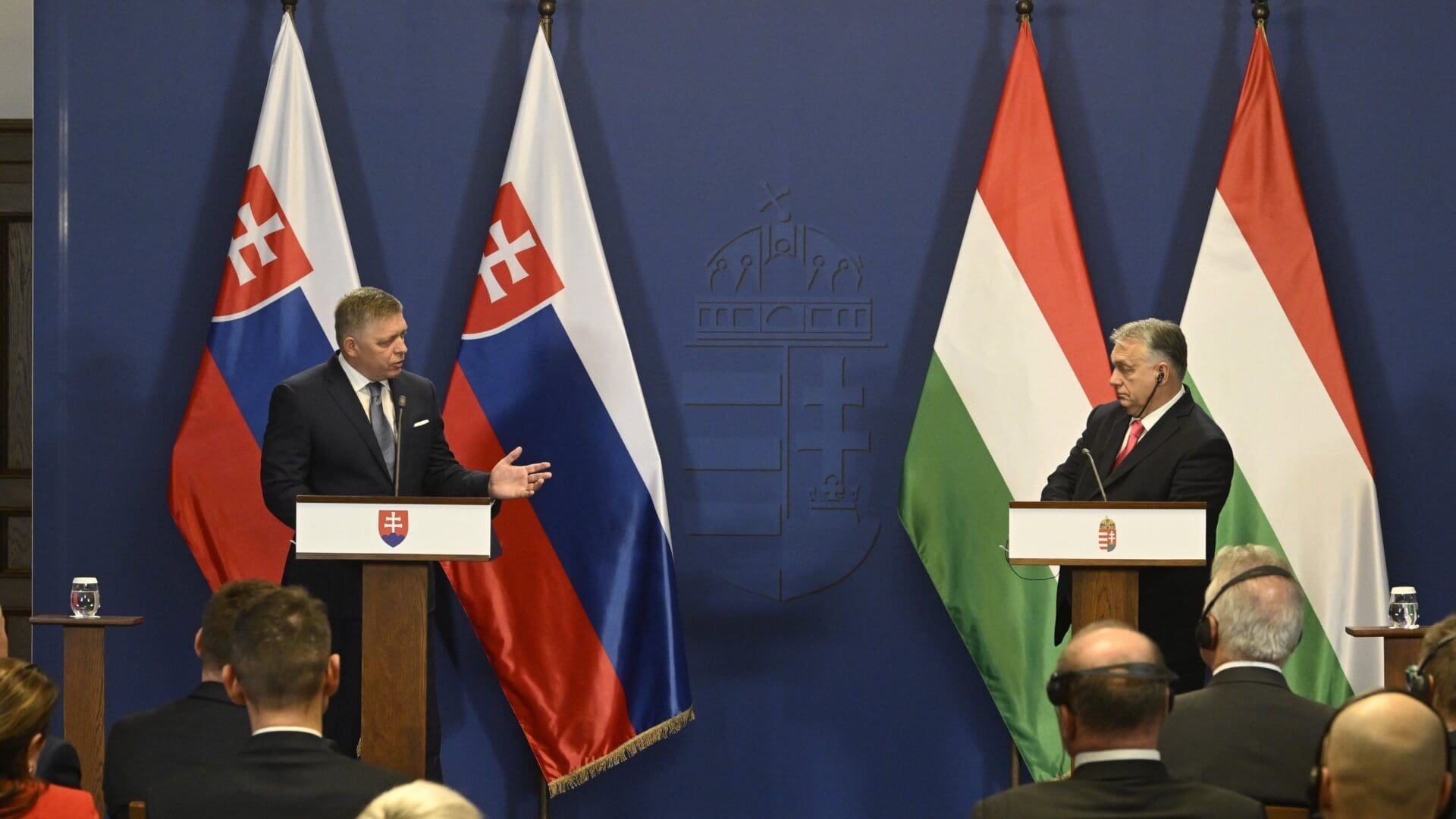Slovak Prime Minister Robert Fico announced on Monday that Slovakia will cease diesel supplies to Ukraine if Kyiv does not resume the uninterrupted transit of Russian Lukoil’s oil shipments through Ukraine to Slovakia and Hungary.
As reported by Hungarian Conservative, Ukraine has recently decided to halt the aforementioned deliveries to Hungary and Slovakia, significantly jeopardizing the security of medium- and long-term energy supplies to the two EU Member States.
Lukoil currently accounts for one-third of Hungarian oil imports and around 45 per cent of Slovakian oil imports, making the Ukrainian ban a fundamental threat to the energy security of both countries. For the time being, the situation has been stabilized with temporary solutions, but in the medium term, the security of oil supplies to Hungary and Slovakia cannot be ensured without Lukoil’s shipments.
‘If the transit of Russian crude through Ukraine is not renewed soon,
Slovak refiner Slovnaft will cease diesel supplies to Ukraine,’
Fico stated in a Facebook video message on Monday, 29 July. He added that he had proposed a technical solution to restore the halted oil flows to Ukrainian Prime Minister Denys Shmyhal on Friday. Although PM Fico did not provide details of his proposal, he mentioned that it would require the involvement of multiple countries, according to Kyiv Post. Slovak deliveries account for a tenth of Ukraine’s diesel consumption.
Last week, Hungarian Minister for Foreign Affairs and Trade Péter Szijjártó stated that he and his Slovak counterpart initiated a consultation procedure at the EU Foreign Affairs Council meeting. Under the EU–Ukraine Association Agreement, the European Commission is obliged to represent the Member States. According to the agreement, if no solution is found, an arbitration tribunal can be established, and a procedure can be initiated within forty days. If no resolution is reached, the EU has the right to suspend certain treaty obligations, such as duty-free access.
He also told reporters that Hungary
will block the payment of €6.5 billion
from the European Peace Facility (EPF) until Kyiv allows Lukoil to resume uninterrupted oil supplies to Hungary and Slovakia via Ukraine.
Minister of the Prime Minister’s Office Gergely Gulyás stressed on Friday that Hungary does not want to blackmail Ukraine, but if the European Commission’s mediation does not yield results, ‘other steps should be considered.’
Hungarian EU Affairs Minister János Bóka mentioned that the Hungarian government is also investigating whether Ukraine’s oil supply restriction measures violate the rules of WTO (World Trade Organization) and the Energy Charter.
The Ukrainian decision is especially unfriendly and unexpected considering that Kyiv imported most of its electricity from Hungary in June, accounting for 42 per cent of its total imports.
Related articles:







